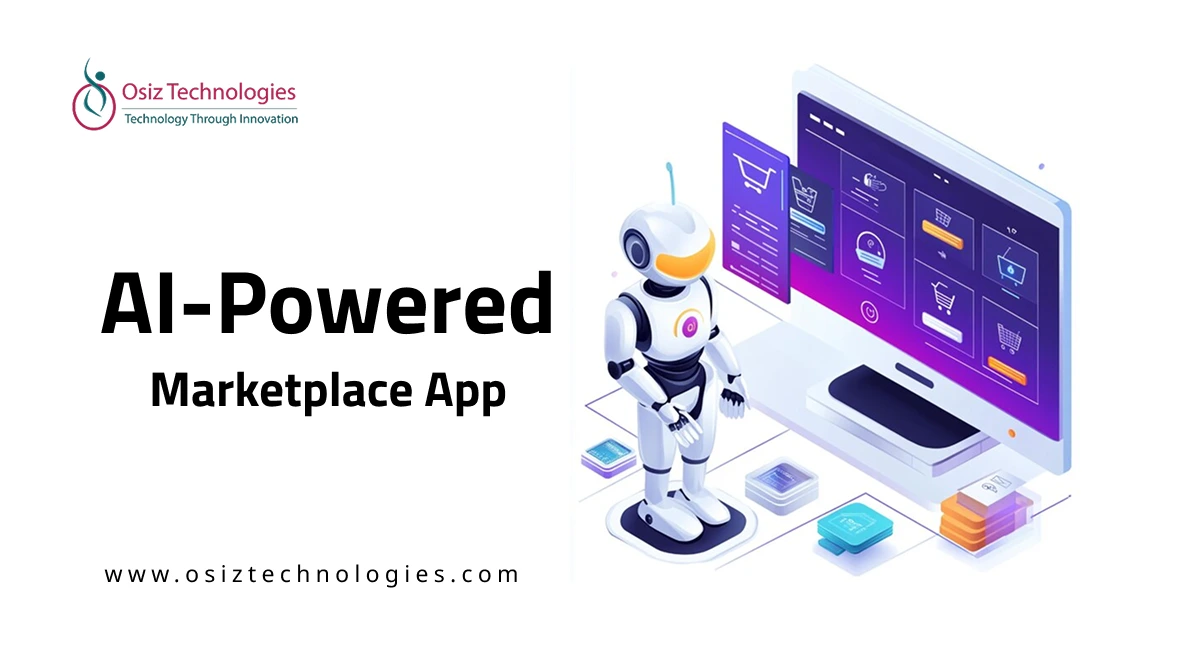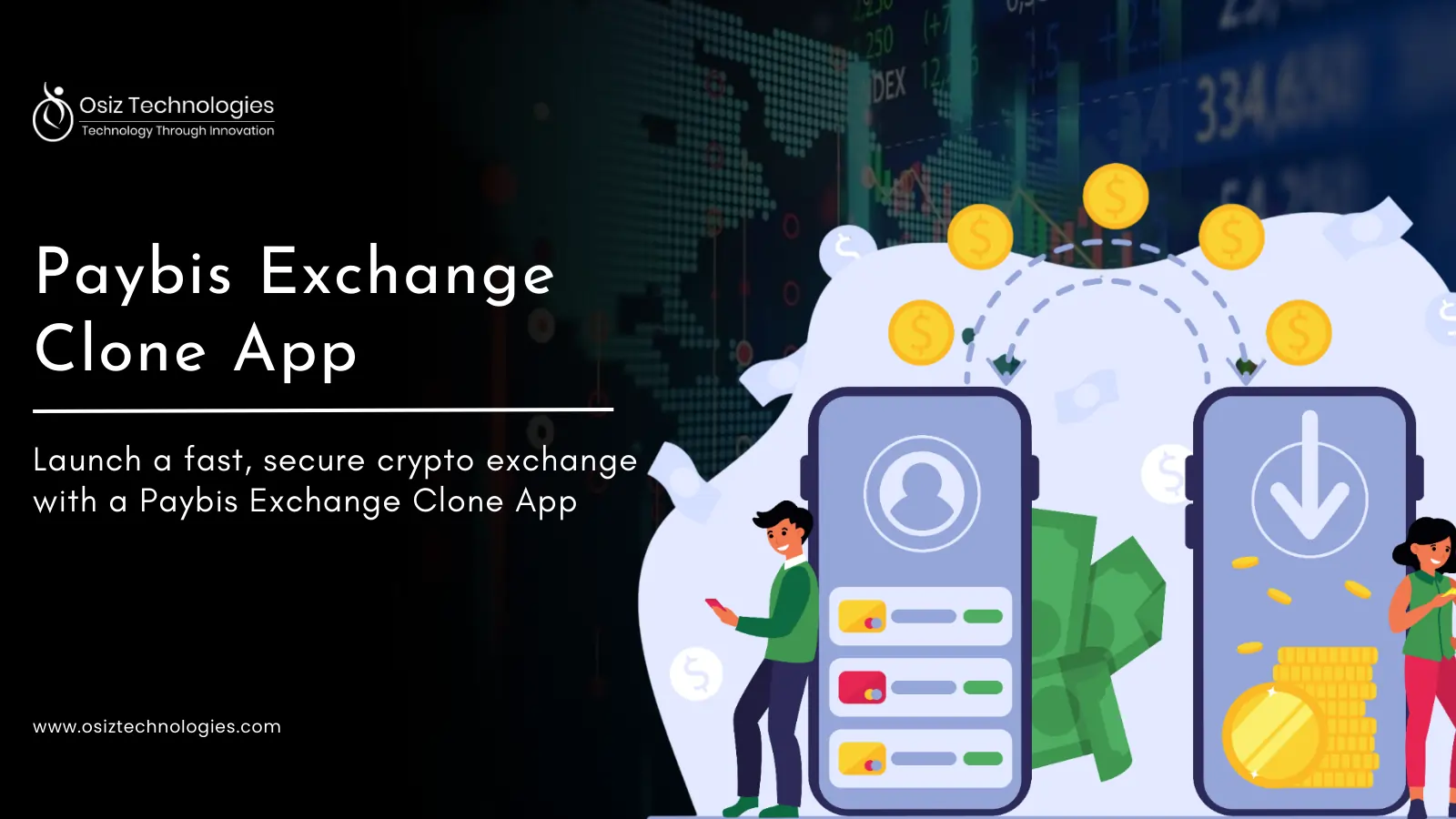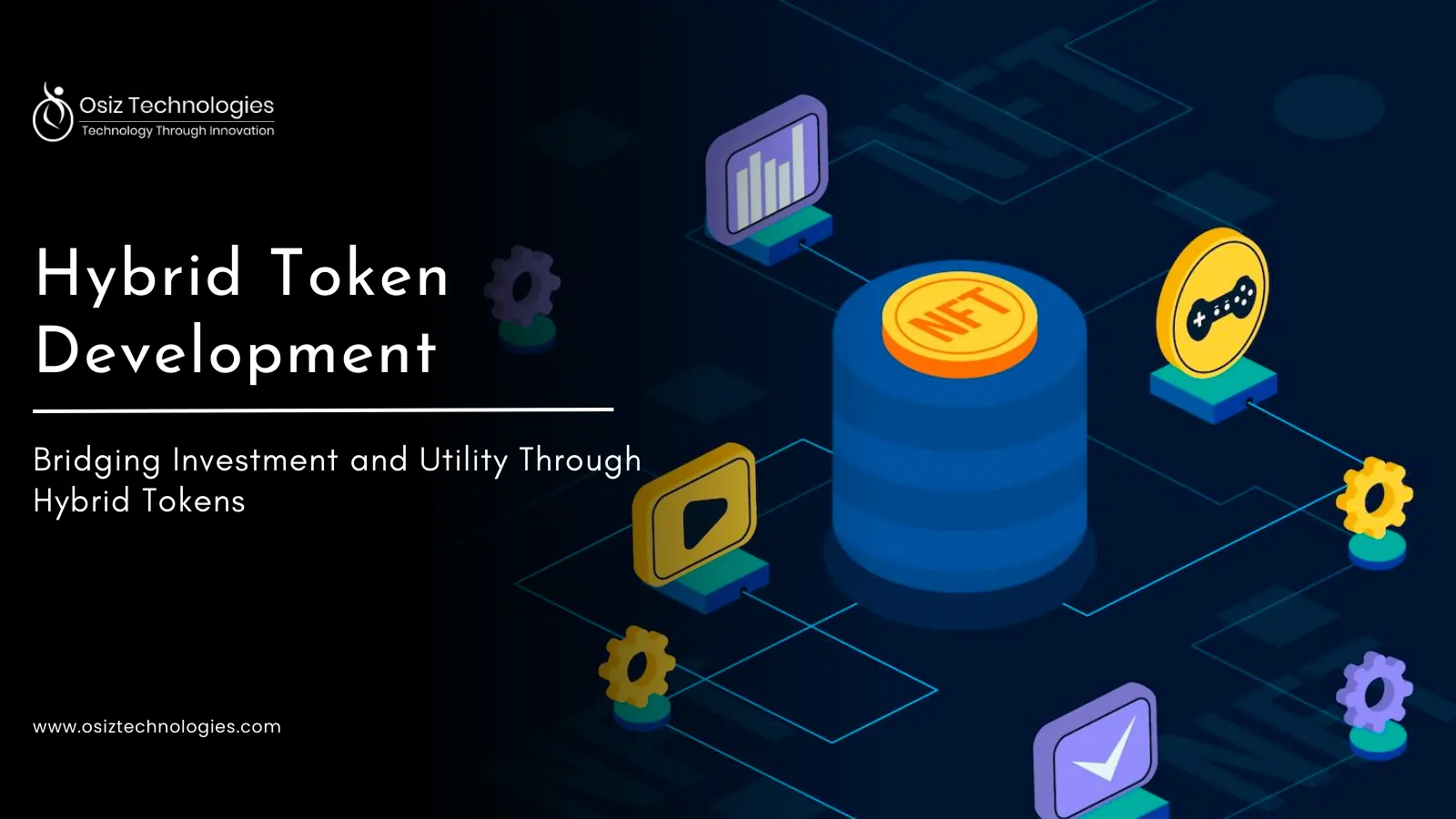The way people buy and sell online is changing fast. Regular marketplace apps are developing beyond simple listings and transactions, and they’re becoming intelligent ecosystems that understand users and respond in real time.
Artificial Intelligence (AI) is now at the base of this transformation. By combining automation, data analysis, and personalization, AI is recreating how businesses connect with customers and manage operations. As marketplaces get smarter, they’re becoming more than just platforms; they’re experiences that learn and grow with their users.
Understanding AI-Powered Marketplaces
An AI-powered marketplace is an advanced digital platform that uses artificial intelligence to automate, personalize, and optimize every stage of the buying and selling process. Unlike regular marketplaces that depend on manual operations, AI-driven platforms analyze data patterns to understand user behavior, predict trends, and deliver smarter recommendations.
These marketplaces are designed to make commerce more efficient and help buyers find what they need faster while giving sellers information to improve visibility and performance. From intelligent product suggestions to automated support, AI guarantees a smooth, data-driven experience for all participants.
Core Components of an AI Marketplace App
Building an AI-powered marketplace app involves combining smart technologies with smooth functionality. Each component plays a key role in guaranteeing automation, personalization, and user involvement
Machine Learning Engine
At the base of every AI marketplace depends on a powerful machine learning engine. It analyzes user activity, purchase patterns, and involvement data to generate data that powers recommendations, pricing models, and fraud detection.
Recommendation System
AI-driven recommendation systems personalize the shopping experience by suggesting products or services that match user preferences. These systems get smarter over time, becoming more accurate as they learn from user behavior.
Natural Language Processing (NLP)
NLP allows voice and text-based interactions within the platform. From AI chatbots to voice search, it allows users to communicate naturally, making navigation and customer support faster and more natural.
Predictive Analytics Module
Predictive AI system uses historical data to seasonal trends, demand, and user needs. It helps sellers plan inventory and pricing strategies while helping buyers discover what’s trending before it peaks.
Automated Moderation and Security Layer
AI tools continuously scan listings, reviews, and transactions to detect fraud or spam. This automated moderation system guarantees a safe, trustworthy marketplace environment.
Smart Data Management System
Efficient data management assures that user and product information is securely stored, easily accessible, and ready for real-time processing. It also supports scalability as the marketplace grows.
Phases of AI Marketplace Development
Creating an AI-powered marketplace app involves a structured development process that merges technology, strategy, and user experience. Each step builds on the previous one to verify the platform is smart, scalable, and easy to use.
Research and Ideation
The development journey begins with defining your marketplace goals, target users, and business model. This phase also involves researching competitors and identifying where AI can add the most value, whether in personalization, automation, or analytics.
Data Collection and Preparation
Since AI allows heavily for data, this phase focuses on gathering and structuring similar datasets. Clean, well-labeled data, such as user behavior, transaction history, and product information, helps train AI models to deliver accurate information and predictions.
Model Development and Training
AI engineers create and train machine learning models that power the app’s main features, including recommendations, fraud detection, and dynamic pricing. These models are tested and refined to ensure reliability and responsiveness.
Platform Design and Integration
Once the AI modules are ready, they’re integrated into a user-friendly marketplace design. This includes developing mobile and web interfaces, setting up payment systems, and inserting AI tools like chatbots or predictive search for smoother user interactions.
Testing and Optimization
Before launch, the platform undergoes complete testing to identify bugs, verify data accuracy, and validate AI performance. Continuous feedback cycle and model improvement help to improve system accuracy over time.
Launch and Continuous Improvement
After deployment, real-time analytics track user behavior and system efficiency. Regular updates, new data inputs, and retrained models assure that the marketplace remains adaptive, competitive, and ahead of user expectations.
Benefits of Building an AI Marketplace App
Building an AI marketplace app has just adopted new technology, and it’s about recreating how businesses connect buyers and sellers in smarter, faster, and more efficient ways. Here are the key benefits that make AI-driven marketplaces the future of digital commerce:
Hyper-Personalized User Experience
AI created every interaction based on user preferences and behavior. From product suggestions to chosen feeds, customers see exactly what they want and increase involvement and hold rates.
Smarter Business Decisions
Data-driven understanding from predictive analytics helps businesses predict market trends, optimize inventory, and plan targeted marketing campaigns with accuracy and confidence.
Enhanced Operational Efficiency
Automation powered by AI reduces manual work, from order management and customer support to fraud detection. This allows teams to focus on creativity instead of daily tasks.
Real-Time Market Adaptability
With machine learning algorithms, your app can instantly respond to changing user demands, competitor prices, or market trends. This verifies a valuable lead and continuous improvement.
Stronger Trust and Security
AI-based verification and monitoring systems keep misleading users, fake listings, and payment risks from building a secure, open marketplace environment for everyone involved.
Cost-Effective Growth
By automating processes and improving targeting accuracy, businesses save on marketing and operational expenses while gaining higher ROI through better conversions and user loyalty.
Competitive Advantage in a Smart Economy
As marketplaces grow, AI becomes the defining factor that separates leaders from followers. Adopting AI now positions your platform at the front of smart commerce innovation.
Future Trends in AI-Driven Commerce
The future of AI-powered marketplace app development is growing a world where commerce becomes more adaptive, intelligent, and experience-driven than ever before. Leading AI Development Companies are accelerating this transformation, helping businesses build platforms that exceed workflow efficiency to open deeper value and hyper-personalized involvement.
In the coming years, predictive intelligence will dominate, allowing platforms to predict consumer behavior before it happens. Real-time personalization, voice commerce, and virtual shopping assistants will recreate how users interact with digital stores. Similarly, blockchain integration will verify data openness and trust, guaranteeing every transaction within marketplaces remains verifiable and secure.
Wrapping Up
Leading creators like Osiz, a trusted AI development company, are already connecting these advancements with real-world applications, helping businesses build platforms that learn, develop, and grow with their users. From flexible pricing models to AI-driven supply chain automation, the future of commerce is not just about selling; it’s about intelligently connecting value with opportunity.
Listen To The Article












